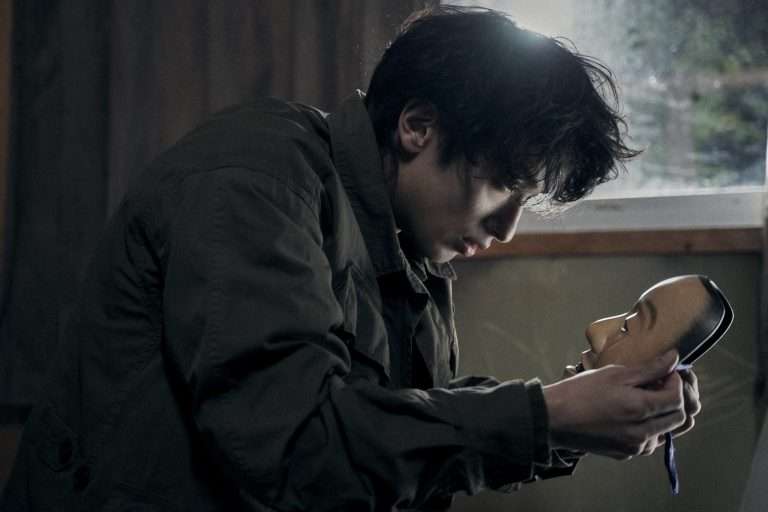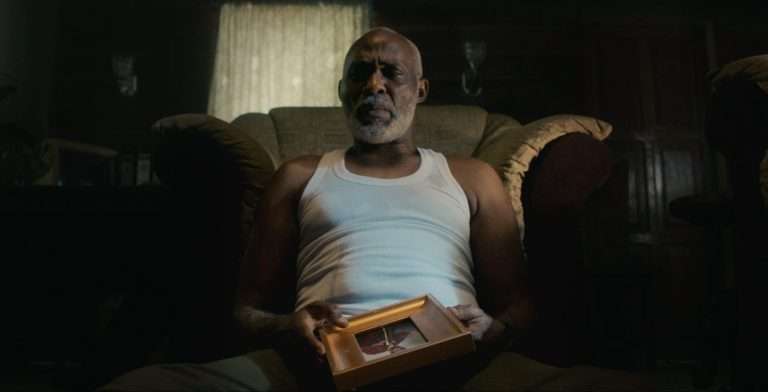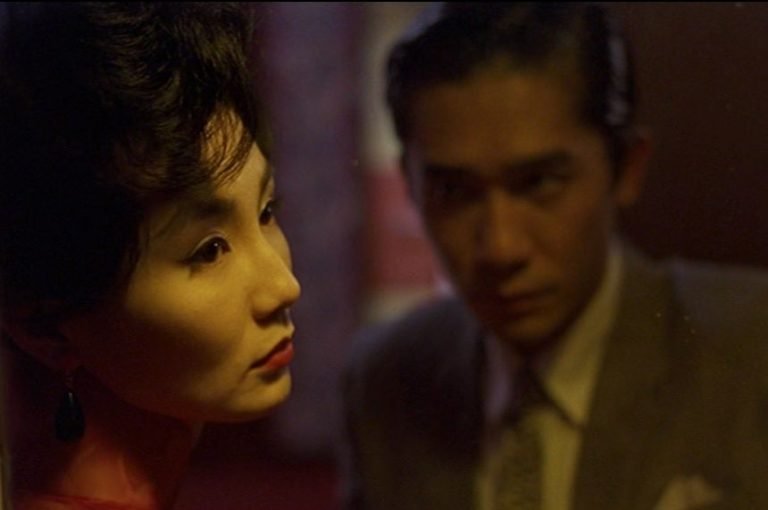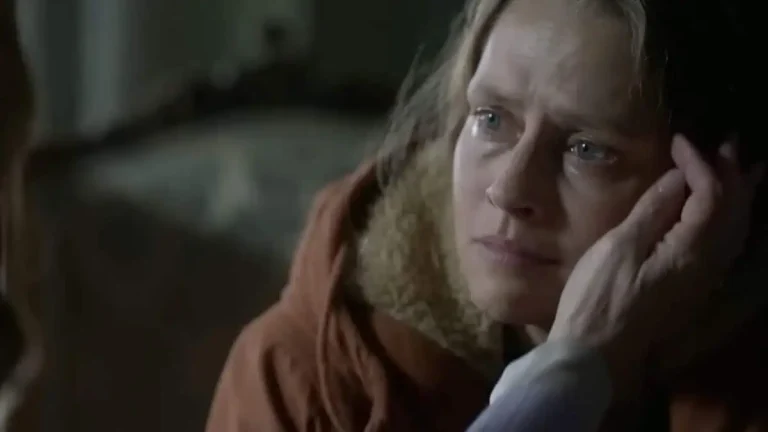Are You There, God? It’s Me, Margaret (2023) Movie Review: 53 years since its original publication, Judy Blume’s beloved cross-generational novel Are You There, God? It’s Me, Margaret has made its big screen debut. Rejecting countless offers since the 1970s to adapt the novel into a film (not every book needs to be a movie, the author recently explained on “The View”), Blume finally decided that Kelly Fremont Craig and James L. Brooks were the ones with whom she entrusted her best-known work, having loved their work on the 2016 teen film The Edge of Seventeen. The end result is an impeccably authentic and nostalgic trip back to the early ‘70s for an entire generation of women, as well as an impressive mediation on both puberty and the ever-changing existence of adulthood.
Margaret Simon (Abby Ryder Fortson) is 11 years old when she’s informed, upon returning home from summer camp, that her family is moving from Manhattan’s Upper West Side to suburban New Jersey for her father’s new job. Better yet, her mother, Barbara (Rachel McAdams), is equally as excited to leave her career as an art teacher in order to dedicate herself solely to housewifery and motherhood. The only person more upset about the move is Sylvia (Kathy Bates), Margaret’s abrasive Jewish grandmother with whom she shares a close relationship.
For the most part, Are You There, God? It’s Me, Margaret is a coming-of-age tale we’ve all seen before, reminiscent of the millennial classics Stand By Me or Now and Then. Margaret moves to the suburbs and is instantly and aggressively befriended by her new neighbor Nancy (Elle Graham), who happens to be in her sixth-grade class. She recruits her, along with two other friends, to join a top-secret club. The rules are about as sixth grade as they could get: no socks, and they must reveal all of their crushes as well as the instant they get the eternal symbol of reaching the gate of womanhood: their periods.
Since the film is set in the 1970s, it’s easy to get lost in a romanticized ideal of the past. Indeed, if Are You There, God? It’s Me, Margaret is set in the 21st century, there’s no way that the screenplay would induce the nostalgic chuckles of women who see themselves in the young female characters who must grow breasts so that boys will notice them or shave their legs to feel grown up. In this context, it’s hard not to compare the film to Bo Burnham’s Eighth Grade, a cringeworthy but necessary delve into the female pubescent experience in the digital age. But Margaret exists in the ‘70s, where grownup anxieties over unrealistic body expectations and eating disorder fodder are not yet huge concerns.
In fact, there is a certain point in Are You There, God? It’s Me, Margaret, where there is concern that the film won’t transcend its time period with an overall message that is timeless. Young girls today are more likely to turn to TikTok for advice about puberty and menstruation than to seek out a middle-grade book by Judy Blume. But the film gets there because it’s not only Margaret’s story but a braided narrative of the women in her life, which evokes a sense of warmth given that, in our current climate, Hollywood studios would rather wager money on a blockbuster superhero franchise at the box office than a retro, women’s coming-of-age tale.
In the midst of oncoming puberty and peer pressure, Margaret is also someone who was raised without a religion, given the interfaith marriage of her parents: her mother is Christian, and her father is Jewish. As a result, she’s never met her maternal grandparents, who disowned her mother for marrying a Jew. Margaret’s charming voiceovers of praying to god for breasts and her period are less about her wanting to enter adulthood too fast and then regretting it later, which would have made the film like just any other coming-of-age narrative.
Rather, the character prays to God because all she wants at this stage in her life is a sense of belonging at an age where she must learn on her own where she fits. It’s what made the film’s source material so beloved and challenged in the first place. By faithfully honoring the novel, Are You There, God? It’s Me, Margaret is just as empathetic in 2023 as it was in 1970.
Her mother, Barbara, is conflicted with her choice of suddenly devoting herself to her home and family after what we’re left to assume was somewhat of a liberal, bohemian lifestyle in New York. She struggles to order new furniture for their house on time and volunteers herself for every job under the sun at the elementary school’s PTA, thinking it will fill the void.
But it’s only in the midst of cutting a thousand stars out of felt for a PTA project does she notice a rare bird out in the yard; she grabs paint and a canvas only for the bird to fly away at the sound of the doorbell. Later realizing she doesn’t want her life and purpose to be so easily scared away by societal expectation—life’s own doorbell—by the end of the film, Barbara has attempted to make amends with her parents and has returned to teaching art, emphasizing that puberty is not the only challenge a woman is going to face in her life.
Likewise, Margaret’s Jewish grandmother Sylvia is also at a crossroads. Depressed by her son and granddaughter moving away from her, she lives for the day that Margaret will call to say she misses her and ask to come to visit. Sylvia eventually decides to take up residence in Florida, where Margaret is set to come to see her during spring break, only for Barbara’s parents to suddenly decide they want to come to New Jersey to finally meet their granddaughter. What starts as a timid olive branch erupts into arguments about religion; Sylvia shows up and announces that Margaret is Jewish, having attended the temple with her in New York.
Having been tasked by her sixth-grade teacher with a project to discover more about herself and her religion, Margaret realizes that all religion does is make the adults in her life fight. And since God clearly has not been listening to her pleas for breasts and a sense of self, she turns in her project where she declares that she belongs to nowhere and to no one. No matter what generation you grow up in, a fleeting sense of belonging is an emotion that resonates regardless.
It’s only when she’s confronted by Laura (Isol Young), a tall classmate who developed earlier than most of the other girls, does Margaret realize that friends like Nancy, who lied about getting her period before she actually did, are just mean and insecure. They project their own anxieties onto each other, which in turn just contributes to an adult culture of internalized misogyny. And so, after realizing that she’s truly on her own to find her place in this world, Margaret hits the dancefloor with Laura at their sixth-grade graduation party, learning early on that honesty is the best policy among friends.
Leaving for camp once again that summer, the thing Margaret wanted to happen to give her a sign she wouldn’t have to stay the same forever finally happens: she gets her period. While many women would undoubtedly describe monthly menstruation as a traumatic process, that isn’t yet the case here. Rather, it’s a dedication to the continuation of telling women’s stories sincerely and compassionately.







